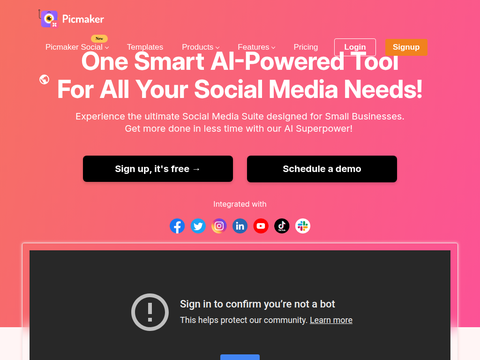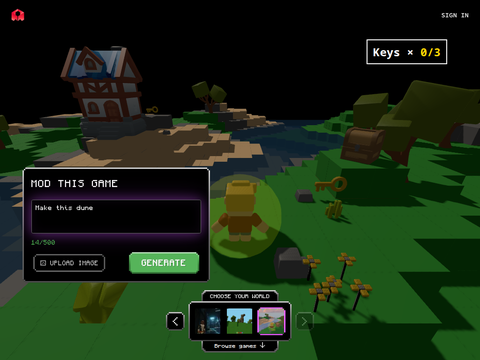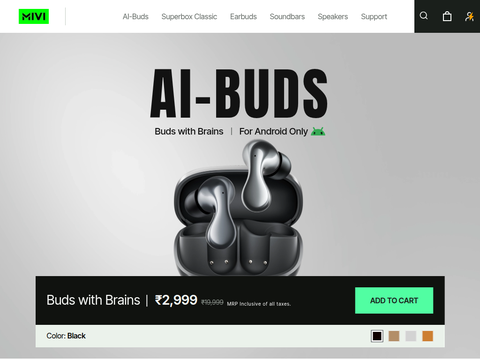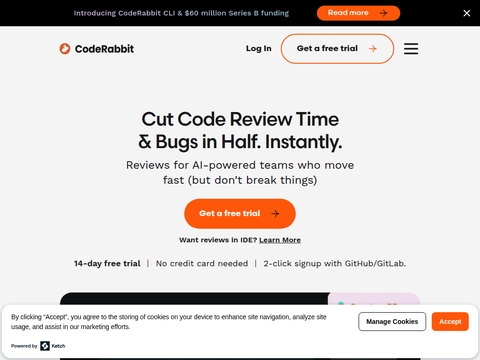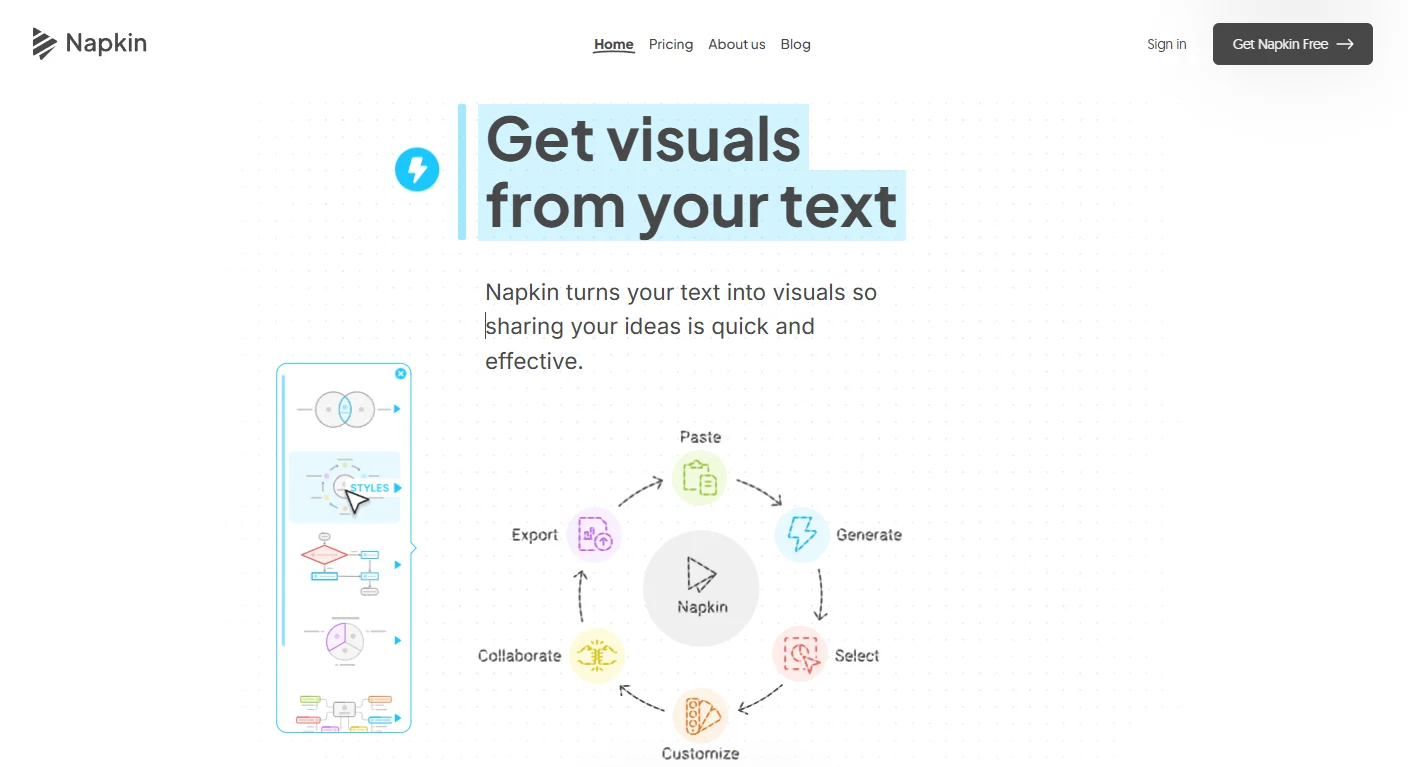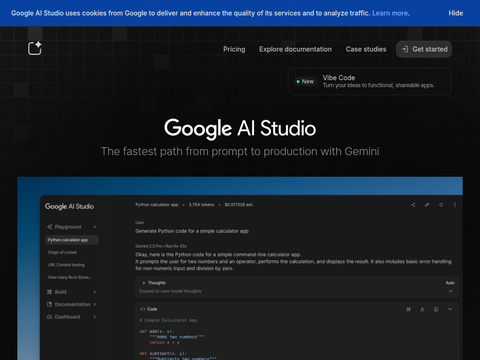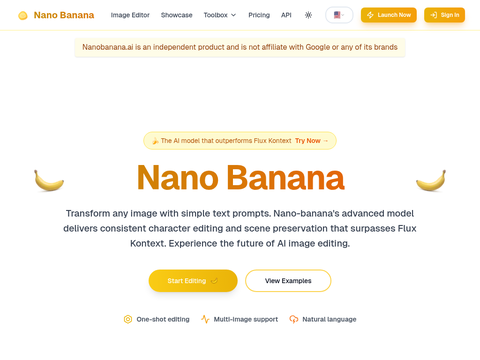Claude 4 Opus, developed by Anthropic, is transforming the way AI handles complex coding, research projects, and agent-driven workflows. Focused on depth, reliability, and autonomy, this model surpasses traditional conversational chatbots, empowering developers and businesses to tackle intricate multi-step tasks that demand sustained attention and technical precision.
Hybrid Reasoning: Instant Responses or In-Depth Analysis
Claude 4 Opus introduces a hybrid reasoning approach, giving users control over how the model processes tasks. For quick queries, it delivers near-instant responses. When accuracy and depth are critical, such as in software engineering or academic research, Opus 4 switches to an extended thinking mode. This allows the AI to break down complex problems step-by-step while providing user-friendly summaries of its reasoning process. Developers can set a "thinking budget" to balance cost, speed, and answer quality, optimizing Opus 4 for various workloads.
Industry-Leading Coding Capabilities
On the SWE-bench benchmark for evaluating coding models, Claude Opus 4 scores 72.5%, outperforming key competitors in code generation and refactoring. The model maintains consistency over thousands of steps, handling engineering tasks that span days with reliable accuracy. With support for up to 32,000 output tokens, Opus 4 excels at large-scale code generation, reviews, and multi-file modifications.
For developers, Claude Code—Anthropic’s terminal-based coding agent—is now integrated with IDEs like VS Code and JetBrains, as well as GitHub Actions. This setup automates code reviews, bug fixes, and background tasks while offering granular control over project files. Using the new Claude Code SDK, developers can connect Opus 4 to third-party tools, enabling customized AI-driven assistants and seamless continuous integration workflows.
Agent Workflows and Advanced Search
Opus 4's agent capabilities allow it to manage complex, long-running workflows across business and engineering domains. It can coordinate multi-channel marketing campaigns, streamline enterprise operations, and extract insights from massive datasets, handling everything from patent research to market analysis. By alternating between reasoning and tool usage (such as web searches or database queries), Opus 4 efficiently resolves tasks that previously required human intervention or multiple specialized tools.
When granted local file access, the model can extract and store key facts, building "tacit knowledge" over time. This continuity enables Opus 4 to handle multi-session projects, maintain context, and provide more reliable results for enterprise teams working with large, evolving datasets.
Content Generation and Creative Writing
Beyond technical tasks, Claude Opus 4 can produce natural, human-quality prose and creative content. Testers have noted that the model's writing is indistinguishable from their own, allowing users to delegate more of the drafting and editing process. Improved instruction-following and "thinking mode" summaries offer writers and researchers clear visibility into the AI's decision-making process, fostering transparency and trust.
Trust, Safety, and Responsible Scaling
Anthropic has implemented strict safety protocols in Opus 4, activating ASL-3 security measures to address risks associated with powerful AI models. These include advanced cybersecurity defenses, prompt classifiers, and restrictions to prevent misuse in sensitive areas like chemical or biological research. The company continues to evaluate Opus 4's capabilities and may adjust safety protocols after further assessments.
To address the "reward hacking" issue—where AI models take shortcuts to complete tasks—Opus 4 uses enhanced summaries and behavior controls to ensure outputs remain accurate and aligned with user intent. Anthropic's commitment to frequent model updates means customers can expect ongoing improvements and new features, keeping them at the forefront of AI-driven productivity.
Access, Pricing, and Availability
Claude Opus 4 is available to Pro, Max, Team, and Enterprise subscribers, as well as through the Anthropic API, Amazon Bedrock, and Google Cloud's Vertex AI. Pricing starts at $15 per million input tokens and $75 per million output tokens, with significant cost reductions achievable via prompt caching and batching. Sonnet 4, a streamlined model optimized for efficiency, is accessible to free users and excels at high-volume, real-time tasks.
For developers, getting started with Opus 4 on Amazon Bedrock involves enabling the new model in an AWS account and using the Bedrock Converse API. This approach simplifies integration, allowing teams to prototype, test, and scale applications without managing infrastructure or complex deployments.
Customer Feedback and Industry Impact
Business leaders and AI engineers report significant advancements in code quality,


